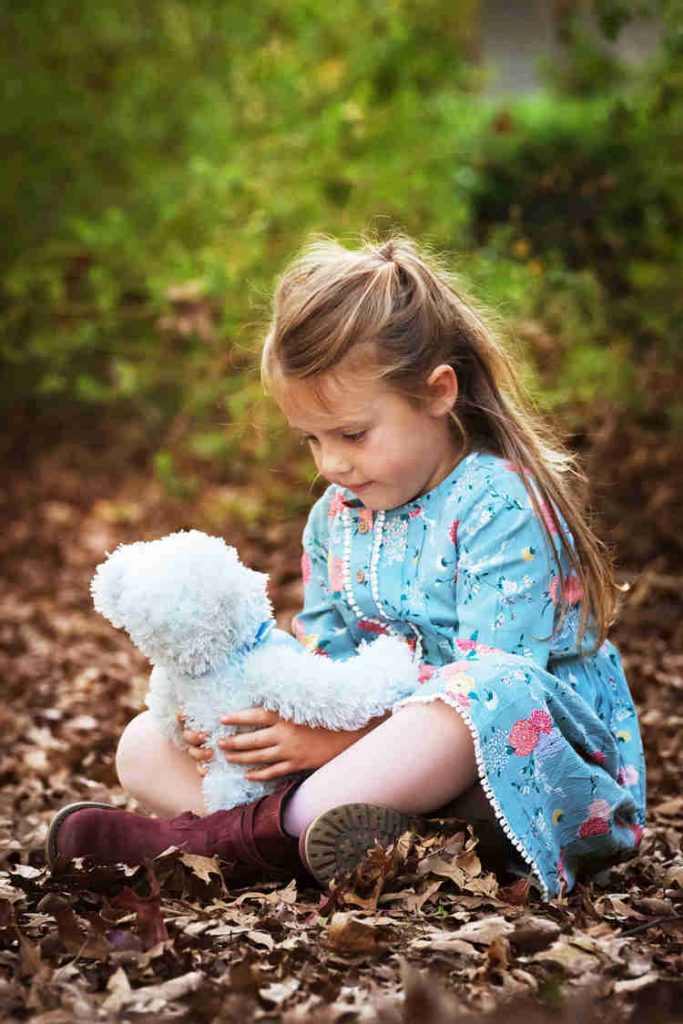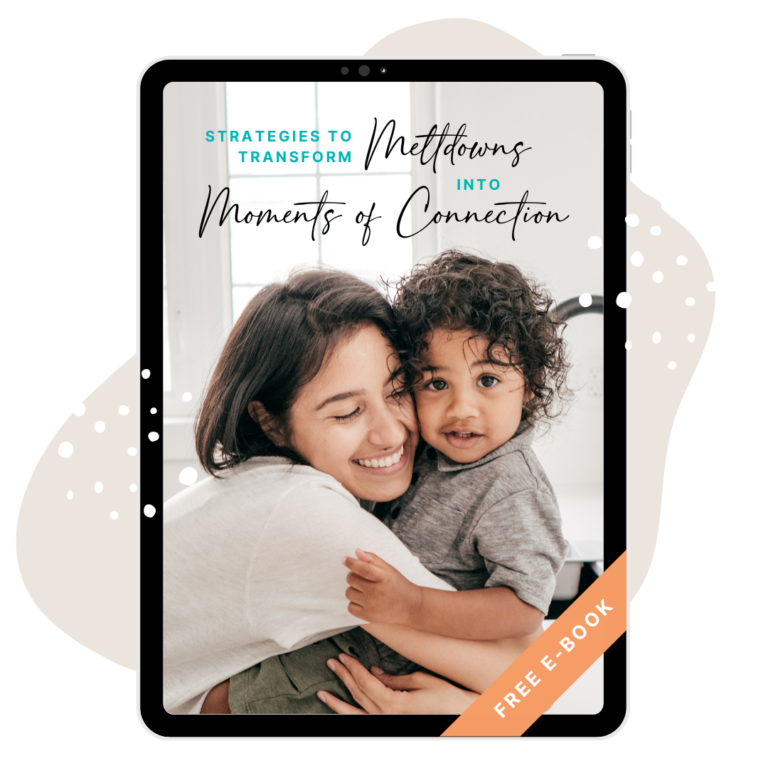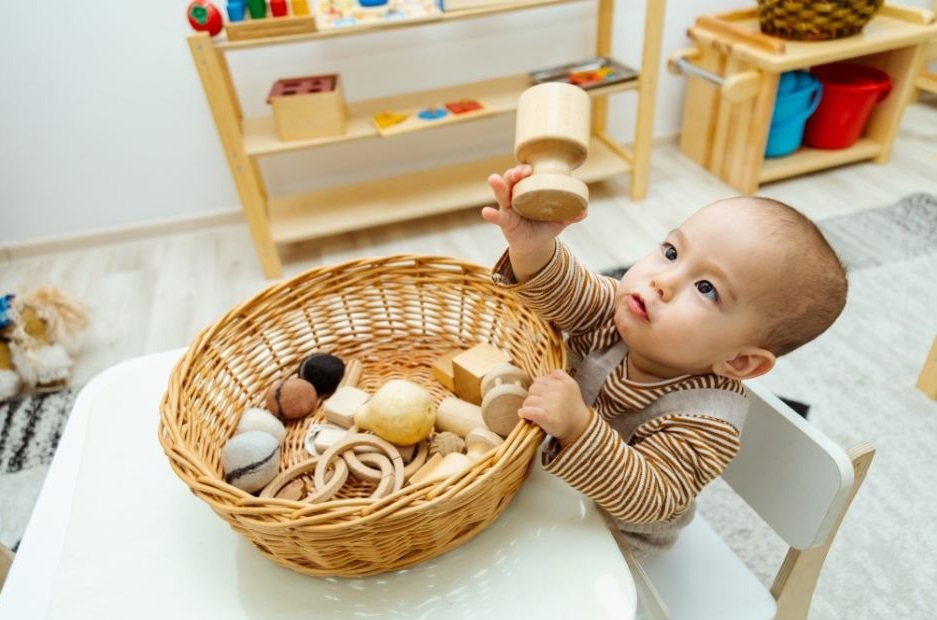We commonly accept that children “misbehave”, but never do we hear people use that word with adults. It’s almost a prejudice against children.
Let me give you an example of what I mean: “My husband misbehaved yesterday or I got so upset when my friend misbehaved at lunch”.
It’s like we have a license to use this word as an adult to reflect our thoughts on how children should behave. The “badness” in a child’s behaviour only resides in the adult’s mind. However, I am not for a moment excusing inappropriate behaviour but re-imagining the idea we have constructed around “misbehaviour”. In fact, the child’s behaviour is everything BUT “mis” behaviour and actually just a true reflection of their needs in that moment. The behaviour is also the best they can do under the circumstances, temperament and life experiences at that point in time.
Remember from my last blog needs drive behaviour. If a child isn’t responding to a reasonable request, then their behaviour must be meeting a more pressing need.
- Connection – they want to feel loved, accepted and like they belong
- Honesty – they feel like you are being authentic and intentional
- Physical wellbeing – the basics like food, water, sleep
- Play – laughter, fun and discovery
- Harmony – peace, stability and integration
- Autonomy – choice, independence and freedom
- Meaning – purpose, stimulation and self-expression
The first thing to do is acknowledge the feelings behind the behaviour, “You’re so frustrated, you are so angry!” then we can go onto helping the child to find a better way to cope with the situation.
So, the next time you are quick to jump to the “mis” behaving line remember that it isn’t actually “mis” anything, rather an indication that one of their needs not being met.
It is also an opportunity for learning and we will tackle this in another blog!
Discover practical, easy-to-implement strategies to gently navigate your child’s emotional outbursts, while maintaining your own sense of calm.






